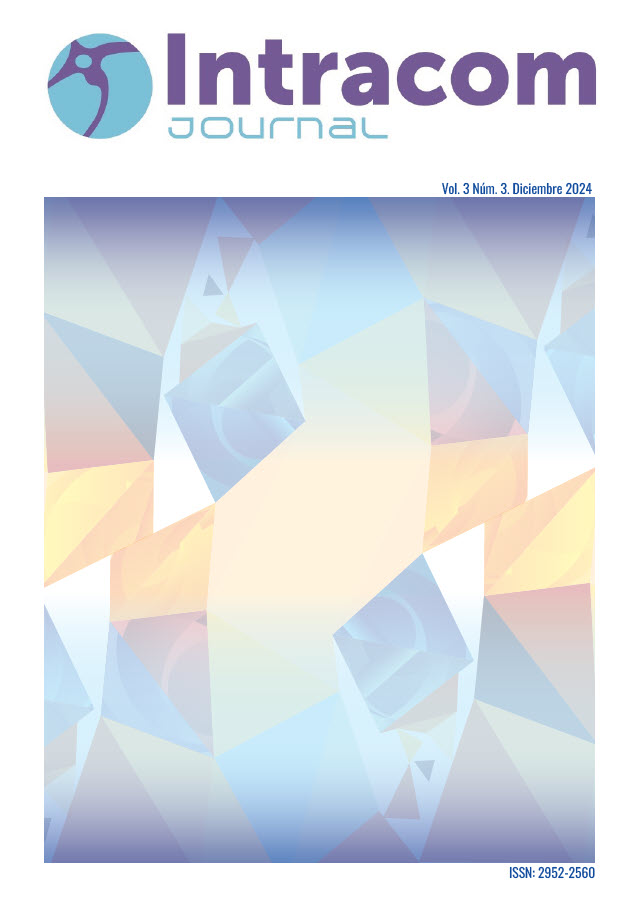Objectivist journalism, constructivism and philosophy: From authoritarian discourse to the dialogical interpellation of the communicative community.
DOI:
https://doi.org/10.61283/n4jj7f13Keywords:
journalism, positivism, constructivism, philosophy, deliberative democracyAbstract
This paper analyzes the conception of objectivist journalism, based on the theory of the correspondence of representation with reality, contrasting it with the constructivist conception of journalism, based on the consensual theory of truth. In this sense, it considers that the positivist notion of objectivity results in authoritarian journalistic discourse in order to validate itself, with the presumption of obtaining a perfect knowledge of reality through the verification of the absolute distinction between fact and opinion. The constructivist perspective, on the contrary, identifies the commitment of journalism to represent the significant diversity of existing interpretations of the concrete problems experienced by society. It also questions the possible contradiction between Robert Park's position on the need for journalism to transparently issue value judgments on those responsible for the reported actions and to call on people in the communication community to deliberate on public issues, with Peirce's conceptions of the incompleteness of the semiosis process and fallibilism.
Downloads
References
Adorno, Theodor. (1987). Indústria Cultural. In: COHN, Gabriel (Org.). Comunicação e Indústria Cultural. São Paulo: T. A. Queiroz.
Aragão, Lúcia. (2002). Habermas: filósofo e sociólogo do nosso tempo. Rio de Janeiro: Tempo Brasileiro.
Blumer, Herbert. (1987). A massa, o público e a opinião pública. In: COHN, Gabriel (Org.). Comunicação e Indústria Cultural. São Paulo: T. A. Queiroz.
Breed, Warren. (2016). Controle social na redação. Uma análise funcional. In: TRAQUINA, Nelson (Org.). Jornalismo: questões, teorias e “estórias”. Florianópolis: Insular.
Cornu, Daniel. (1999). Jornalismo e verdade: para uma ética da informação. Lisboa: Instituto Piaget.
Habermas, J. (2002). A inclusão do outro: estudos de teoria política. São Paulo. Edições Loyola.
Habermas, J. (1997). Direito e democracia: entre facticidade e validade, volume II. Rio de Janeiro: Tempo Brasileiro.
Habermas, J. (2000). O discurso filosófico da modernidade. São Paulo: Martins Fontes.
Habermas, J. (2012). Teoria do agir comunicativo, 2: sobre a crítica da razão funcionalista. São Paulo: Editora WMF Martins Fontes.
Kant, I. (1993). A paz perpétua e outros opúsculos. Lisboa: Edições 70, 1993.
Mead, George. (1992). Mind, Self & Society. Chicago: The University of Chicago Press.
Morrow, Raymond; Torres, Carlos Alberto (2002). Reading Freire and Habermas: critical pedagogy and transformative social change.
Nova York: Teachers College Press / Columbia University.
Park, Robert. (2008). Notícia e poder da imprensa. In: Berger, Christa; Marocco, Beatriz (Orgs). A era glacial do jornalismo: teorias sociais da imprensa, volume 2. Porto Alegre: Sulina.
Peirce, C. S., & Fidalgo, A. t. (1993). Como tornar as nossas ideias claras. Covilhã:http://www.bocc.ubi.pt.
Downloads
Published
Issue
Section
License
Copyright (c) 2024 Heitor Costa Lima da Rocha, Anabela Gradim (Autor/a)

This work is licensed under a Creative Commons Attribution-NonCommercial-ShareAlike 4.0 International License.
Política de acceso abierto
Se permite el acceso libre y abierto de cualquier interesado a todos los contenidos de los números de la revista, sin costo alguno, pudiendo imprimir y trasladar todos los artículos, con la única condición de precisar la fuente y la autoría.
La revista: a) no cobra a las autorías costes por el procesamiento de los artículos ni por el envío de los mismos, b) mantiene el copyright para los autores sin restricciones, c) facilita a los autores conservar sus derechos de publicación sin limitaciones.
La Revista Internacional de Investigación y Transferencia en Comunicación y Ciencias Sociales (INTRACOM) es una obra original gestionada por Activa 19 Comunicaciones. Todos los artículos incluidos en la Revista son obra original de sus respectivas autorías. Esta Revista se ofrece libremente a la comunidad científica y académica sin coste alguno y libera los contenidos de acuerdo a la licencia "Reconocimiento-NoComercial-CompartirIgual 4.0 CC BY-NC-SA" del proyecto Creative Commons dispuesta en la siguiente url: https://creativecommons.org/licenses/by-nc-sa/4.0/legalcode







